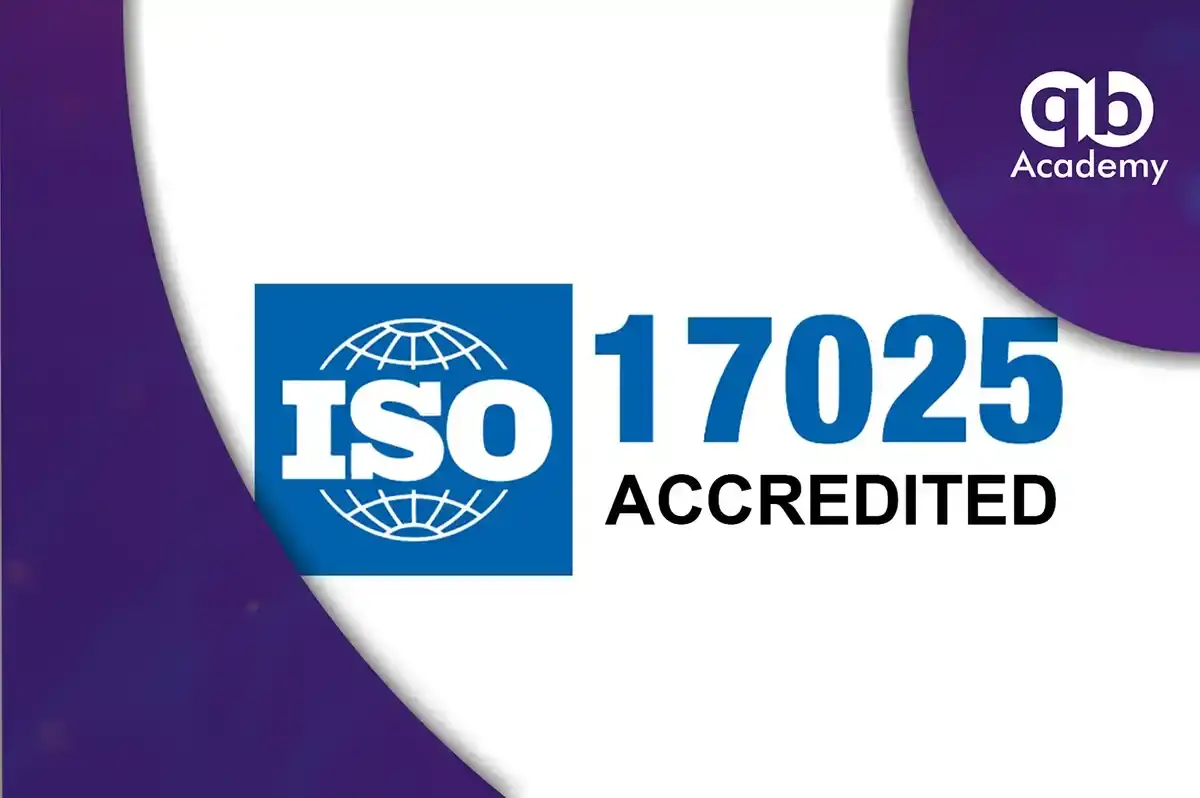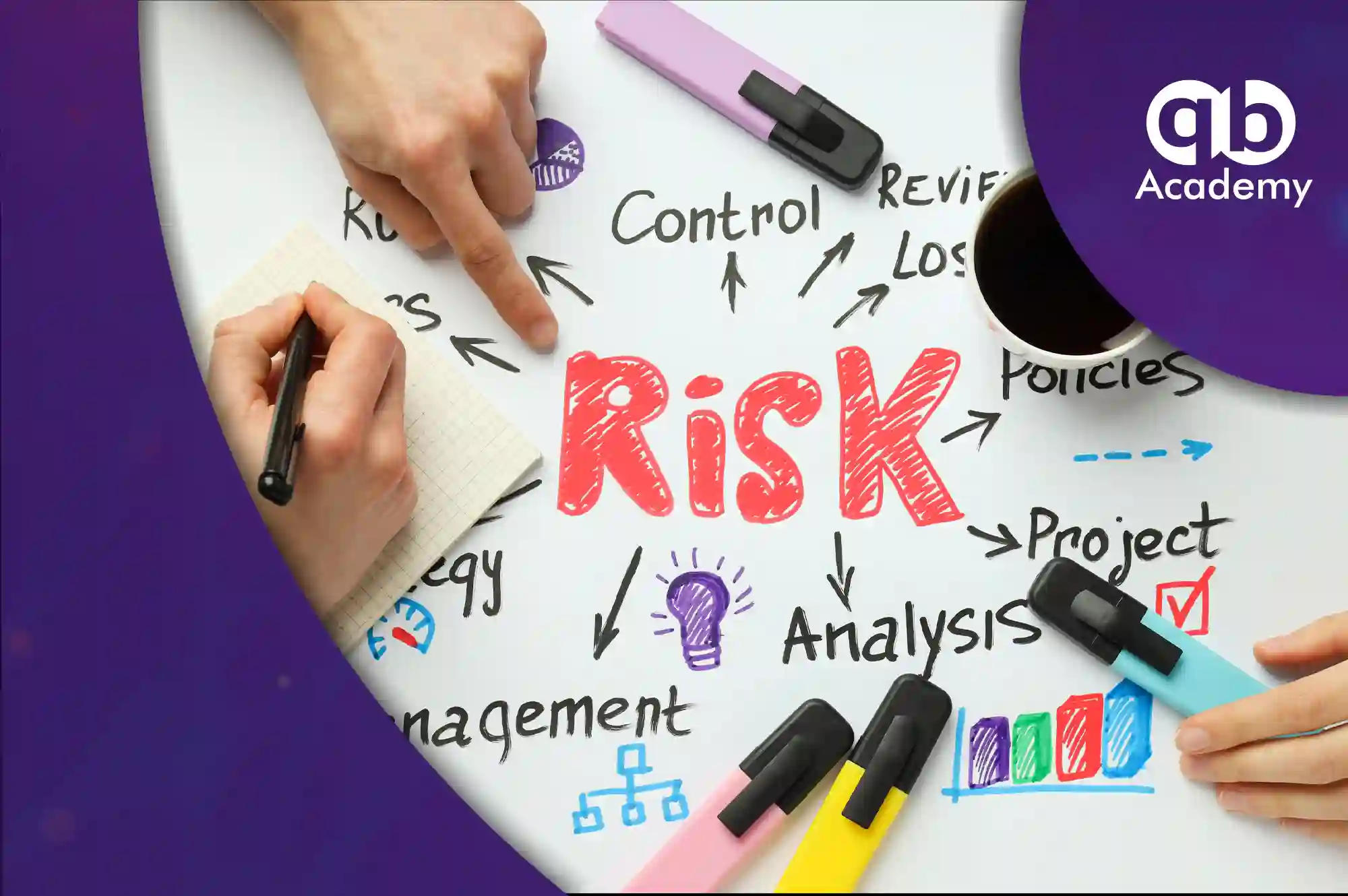
ISO/IEC 17025 Lead Auditor Course: A Comprehensive Training Program
The ISO/IEC 17025 Lead Auditor course is a professional training program designed for individuals seeking to become certified lead auditors of laboratory quality management systems. This course provides in-depth knowledge and practical skills to assess and audit laboratories for compliance with the ISO/IEC 17025:2017 standard, which specifies the general requirements for the competence of testing and calibration laboratories.
اهداف الدورة
The main goal of the ISO/IEC 17025 Lead Auditor course is to equip participants with the expertise necessary to plan, perform, and manage audits of laboratory quality systems. Upon completion, participants will be able to evaluate a laboratory’s ability to produce valid and reliable results in accordance with international standards. Key objectives include:
-
Understanding ISO/IEC 17025:2017: Participants gain a thorough understanding of the structure, principles, and technical requirements of ISO/IEC 17025, including impartiality, confidentiality, and competence.
-
Developing effective audit techniques: The course trains participants on planning and executing audits in line with ISO 19011 guidelines and ISO/IEC 17021-1 requirements.
-
Applying practical audit skills: Through exercises, simulations, and case studies, participants learn how to assess both management and technical aspects of laboratory operations.
-
Reporting audit findings: The course emphasizes the preparation of precise and actionable audit reports and communication of findings to laboratory management.
-
Preparing for certification: The program prepares candidates to pass the ISO/IEC 17025 Lead Auditor examination and conduct audits for accreditation bodies or internal compliance.
محتوى الدورة
The ISO/IEC 17025 Lead Auditor course covers the following topics:
-
Introduction to laboratory quality management systems
-
Overview of ISO/IEC 17025:2017 – structure, scope, and terminology
-
Management requirements: organizational roles, document control, and improvement
-
Technical requirements: personnel competence, method validation, equipment, and traceability
-
Risk-based thinking and continual improvement in laboratory settings
-
Developing an audit program and audit checklist
-
Conducting audit activities: evidence collection, interviews, and technical observations
-
Identifying and reporting nonconformities and opportunities for improvement
-
Preparing and delivering audit reports and closing meetings
-
Understanding accreditation processes and lead auditor certification
This course is ideal for laboratory managers, quality officers, technical experts, consultants, and anyone involved in auditing laboratory systems to ensure compliance, accuracy, and global recognition of laboratory results.


